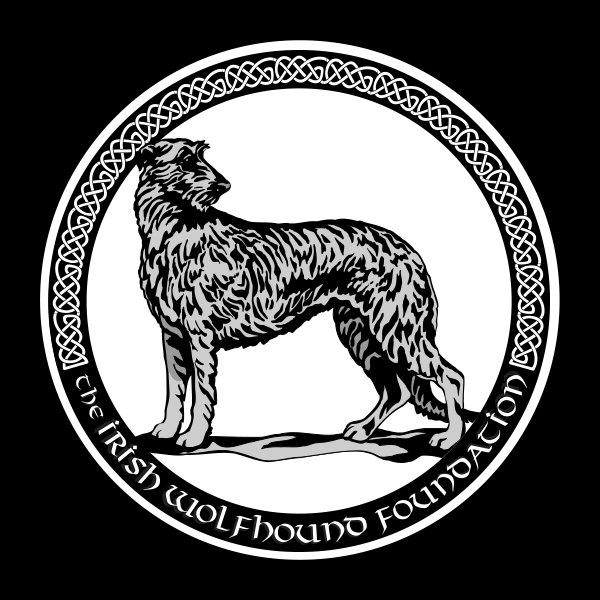We have done a lot with heart testing in the past year. Counting both echoes and EKGs, we tested around 300 dogs for the Lifetime Cardiac Study. That is the good news. The bad news is that we have no idea how many wolfhounds were living in the United States and Canada but an estimate of the 2015 IW population is around 20 times that (source: iwdb.org). Who are these other dogs? How do we reach them?
There are several reasons to test your dog. Number one is to keep it healthy. Most heart disease in our breed is treatable if detected early. The earliest way to find adult onset heart disease is to do an EKG on an annual basis with additional diagnostics as required. Dogs with arrhythmias should be under the care of a cardiologist. Another reason is to get OFA clearance on dogs you wish to breed or dogs that are related to those dogs. Dogs being tested for either reason can contribute to the future of the breed by participating in the Lifetime Cardiac Study II.
The Lifetime Cardiac Study II will be most effective if we get a wider sampling of the dogs in our breed. This means enrolling dogs that are pets as well as dogs that go to shows and are used for breeding.
So how do we do we get the best representation of the IW population and continue to maintain touch with the owners over the next 10-12 years? We need the help of local clubs and groups of owners.
Many of you have already filled out the forms for the IWF LCSII. It is a simple form with contact information and a brief explanation on the front page as well as a space for EKG information. The second page collects simple health data on the dog, its parents and its littermates as best the owner knows. At present there is also a page with a few questions on diet. Almost all of the information is multiple choice. The update forms are similar. In addition, there is a one time collection of approximately 10 cc of blood for the purpose of DNA collection and storage.
So how can local clubs help? The IWF is willing to help set up and even subsidize the cost of heart testing in exchange for clubs collecting the data and blood necessary to enroll dogs and do updates on a regular basis. This can be done at any club activity or set up as a special “heart testing clinic” in a local area where any one owner is willing to host a group of owners and a vet or researcher to do EKGs. If a cardiologist can be arranged, the group can have OFA testing done as well. Local clubs can purchase or borrow their own EKG machines to run these clinics. Most EKGs can be read by a veterinarian or technician but the IWF will arrange for a cardiologist to read more complicated tracings.
The IWF can support clinics by providing registration services, either on-line or via e-mail, providing forms and instruction materials, helping with location of cardiologists if a cardiologist is desired, and by arranging for a cardiologist to read the more difficult EKGs. The IWF may also subsidize some of the testing cost ($20/dog for
EKGs) and even help to provide someone to draw blood if the club has no help. Data is not shared with any breed or kennel club but is restricted to the use of researchers doing work on our breed.
Mariellen and I will still travel wherever we can as long as “Big Red” holds out. We are all 20 years older than when we started this effort. For additional information on how to set up for testing hearts, paperwork examples, and other questions, contact Frances Abrams: iwfhealth@gmail.com or 937-371-3609.


